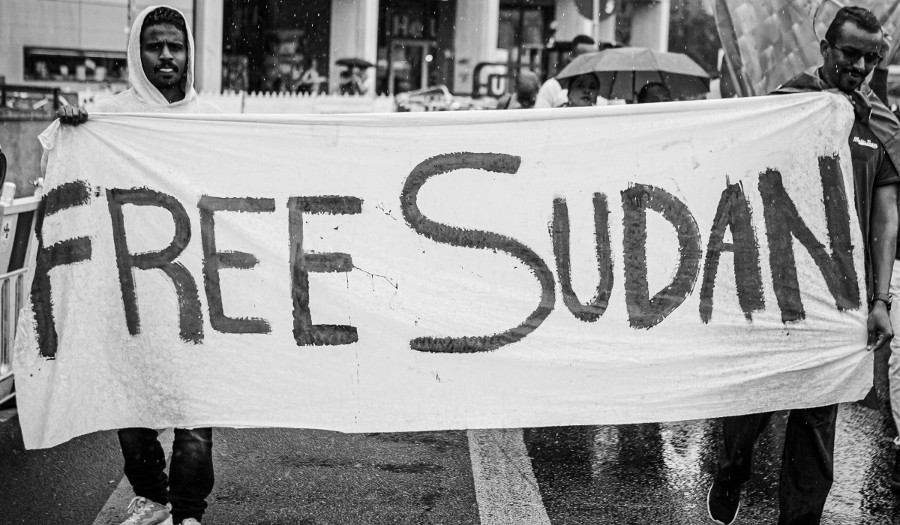 |
|
Sudan: Danger of a new proxy war WHY IS THIS HAPPENING? While the Sudanese military and the RSF worked together to launch a coup ousting Sudan’s civilian government in October 2021, friction between the two groups had been growing in recent months. This tension boiled over in response to a plan, backed by international powers, aimed at moving towards the return of civilian politics. This plan was intended to be ratified in April, with both the military and RSF yielding power, but two obstacles quickly emerged. Both parties disagreed on the process outlined for the RSF to be absorbed by the regular armed forces, and the timetable for the military to be formally placed under civilian oversight, and each side blamed the other as those tensions gave way to violence on 15 April. As plans for Sudan’s political transition developed, the leader of the RSF, Hemedti, acted quickly to align himself more closely with civilian parties whilst arguing that the military was heavily influenced by those loyal to Sudan’s former autocrat Omar al-Bashir. This is, given his prior anti-democratic actions, likely to be a cynical strategy from Hemedti, a gold-mine magnate, aimed at presenting himself as a future leader of Sudan. OTHER POWERS As the carnage in Sudan continues to mount, it’s important to note that this is not the isolated conflict the Western media often like to suggest. The bloodshed risks becoming a proxy battle for influence in the region between the West, Russia and the various regional powers who have courted different actors in Sudan. Both the UK and US backed the planned transition towards democratic elections, while Saudi Arabia and the United Arab Emirates have also sought to influence events in Sudan, believing that the end of Bashir’s rule was an opportunity to foster stability and support in the region. Indeed, both oil-rich powers have lined up multiple investment projects in Sudan. Meanwhile, Russia has been looking to build a naval base on the Red Sea and is believed to have struck up relations with Hemedti, further complicating matters. Within the current global context, it is not hard to see the conflict in Sudan quickly becoming an international bidding-war for political influence. WHAT NEXT? Despite calls for a fresh ceasefire, there has been little to suggest that this is remotely close. In truth, the threat of a drawn-out conflict seems increasingly real. While the Sudanese military boasts superior resources, the RSF is prepared to call on the support and tribal ties it has in the western region of Darfur to aid its efforts. The human consequences are about to become very real, with UN High Commissioner for Refugees, Filippo Grandi, saying on Monday that the UN refugee agency (UNHCR) was preparing ‘for the possibility that over 800,000 people may flee the fighting in Sudan for neighbouring countries.’ This came after the UNHCR said that 100,000 refugees had already crossed from Sudan into nearby countries. The conflict in Sudan risks becoming a tragedy of untold proportions, killing civilians, creating a fresh refugee crisis, and becoming a devastating proxy battle for influence between global powers. https://www.counterfire.org/article/sudan-danger-of-new-proxy-war/ Back |
 Links Search |
||||||
|
|||||||

